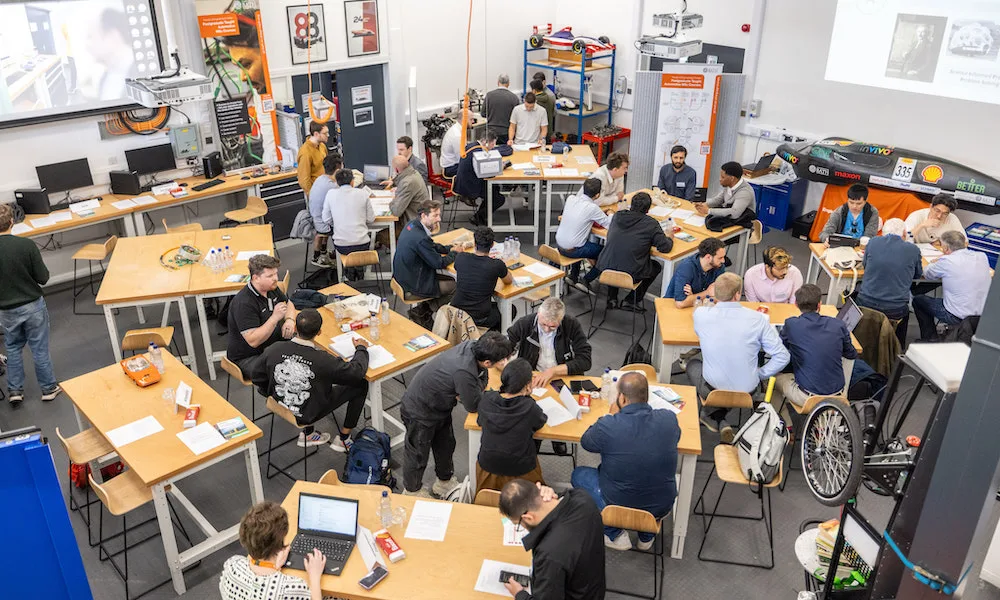What was the first car you ever drove? What car will you be driving in 2030? Will people still drive cars in 2050?
‘The last car built on Earth will surely be a sports car’ is a quote attributed to Ferry Porsche, the renowned automobile designer. If you had the opportunity to design a car, what features would it possess and what would it look like? Where would you drive it and who would you want to take with you?
At the University of Bath, we’ve designed our suite of automotive MSc courses to help a new generation of professionals tackle some of the worldwide environmental and societal challenges that characterise our times. We’ve incorporated some of the best attributes of the automotive sector like finding practical routes to bring about positive change at pace.
If the car can be seen as an embodiment of an innate human thirst for adventure, exploration, and new experience, it should be no surprise that these core attributes have influenced how we deliver our courses. They feature:
- Practical and immersive lab sessions
- Collaborative tutorial and problem-based learning workshops
- Interaction with our IAAPS research community
This is all backed up by lecture-based exploration of theory, involving worked examples. Collectively, it generates a fertile environment for inquiring minds.
Whole world challenges
One positive outcome that can happen when global challenges arise is the growth and strengthening of worldwide communities. Motivated by a desire, or indeed a need, to find practical and sustainable solutions, they’re brought together by mutual concerns to collaborate on issues. Can the fast-paced automotive sector help accelerate the potential benefits of connected and sustainable cities, mobility networks and lifestyles?
Currently, around 1.4 billion road vehicles contribute to around 16 per cent of all worldwide CO2 emissions associated with human industrial activity (anthropogenic). At the same time, the overall level of CO2 in the Earth’s atmosphere is intrinsically linked to the climate characteristics that we experience throughout our lives. The international automotive industry has an important role to play in tackling CO2 emissions, in conjunction with wider mitigating strategies, and in harmony with policy makers such as the Intergovernmental Panel on Climate Change (IPCC), which aims to advance knowledge related to climate change resulting from human activity.
The tailpipes of vehicles powered by…
Click Here to Read the Full Original Article at Racecar Engineering…

